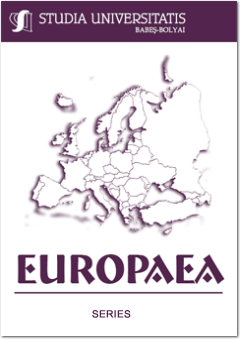PERSPECTIVES DU MARABOUTISME DANS L’ISLAM POLITIQUE OUEST-AFRICAIN
PERSPECTIVES OF MARABOUTISM IN THE POLITICAL ISLAM OF WEST AFRICA
Author(s): Ciprian Gabriel OrosSubject(s): Politics / Political Sciences
Published by: Studia Universitatis Babes-Bolyai
Keywords: Islam; marabout; jihad; sharia; brotherhood; ummah; Sufi.
Summary/Abstract: Towards the end of the 12th century, the first Islamic sufi orders (brotherhoods) emerge in the sub-Saharan Africa’s Islam, which will dominate the local religious landscape throughout the entire following centuries and which will form one of the peculiarities of the African Islam. We deal with the establishment of a network of Muslim religious followers reunited around a central charismatic figure, which became some kind of a “saint”, this character being something in between human and divinity, the holder of a “divine blessing”, barakat, which confers special, mystical powers upon him and who, through his powers, may liaise the relationship of the believers with Allah. In Sahel, the religious system is established on the grounds of these true social and religious organisations, which somehow take over the disappeared monarchy’s system and which have both religious functions, as well as, especially, functions which pertain to the profane, strictly political and administrative. The system emerges on the background of a profound crisis generated by the colonial conquers and will continue to develop in the same manner over the following centuries, up to the current days, when a reformatory current calls for the return to “salafiya” (initial Islam) and claims the ad-litteram observance of the Quran and of Sunnah, essentially to give up to the Islam of brotherhood.
Journal: Studia Universitatis Babes-Bolyai - Studia Europaea
- Issue Year: 62/2017
- Issue No: 2
- Page Range: 135-152
- Page Count: 18
- Language: French

